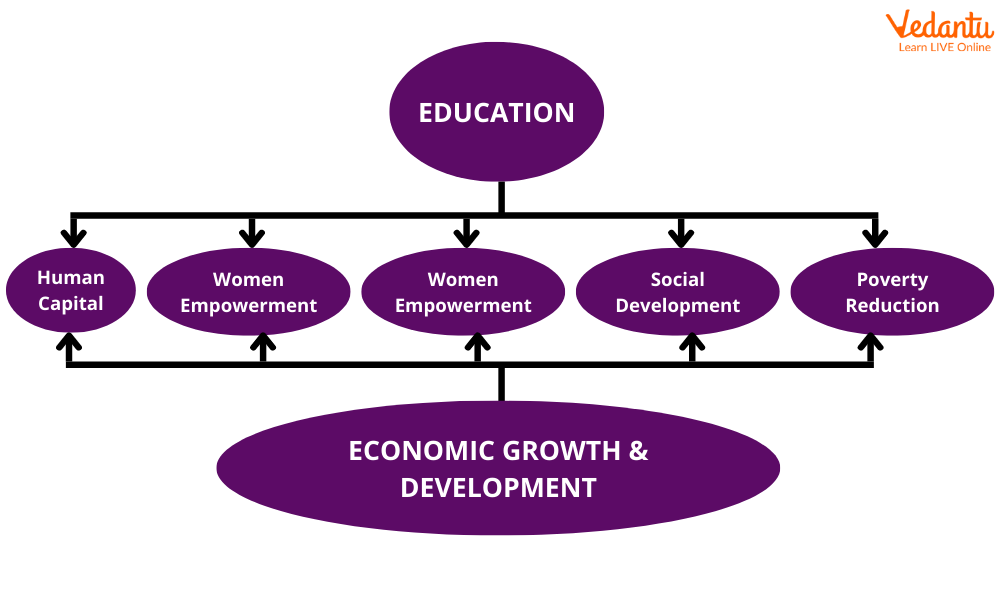The quality of education is the cornerstone of a nation’s progress, and for Nigeria, improving its education system is not just a necessity but an urgent imperative. Education has the unparalleled power to transform lives, build economies, and foster national unity. Yet, Nigeria grapples with systemic challenges that have undermined the potential of its educational sector, including inadequate infrastructure, undertrained teachers, and inequitable access. To secure its future, the nation must prioritise enhancing the quality of education at all levels.
Improving education equips individuals with the skills needed to thrive in an increasingly competitive global economy. A robust education system produces a skilled workforce, fueling innovation, entrepreneurship, and productivity. For Nigeria, with its vast population and burgeoning youth demographic, high-quality education can transform a potential liability into its greatest asset. The Fourth Industrial Revolution demands proficiency in science, technology, engineering, and mathematics (STEM), and an improved education system can position Nigeria as a leader in these fields, diversifying its economy and reducing dependency on oil revenues.
Beyond economic growth, education fosters social development. It is a tool for reducing inequality by providing all citizens, regardless of their background, with the opportunity to succeed. Quality education breaks the cycle of poverty, empowers marginalised communities, and promotes gender equality. When girls receive a quality education, for instance, they are more likely to delay marriage, earn higher incomes, and contribute meaningfully to societal progress.
A well-educated populace also strengthens democracy. Citizens who are literate and informed are more likely to participate in governance, hold leaders accountable, and advocate for policies that benefit the broader society. Education nurtures critical thinking and civic responsibility, enabling people to discern facts from misinformation—a vital skill in an age of digital media proliferation.
Healthcare outcomes are another dimension where education plays a pivotal role. Educated individuals are more likely to make informed decisions about their health, access medical services, and adopt healthier lifestyles. This creates a ripple effect, as healthier citizens contribute more effectively to the economy and reduce the burden on national healthcare systems.
To achieve these benefits, Nigeria must address key challenges. Investments in teacher training and retention are paramount, as teachers are the backbone of any education system. Expanding access to rural and underserved areas, ensuring gender parity, and incorporating technology into classrooms are crucial steps. Curriculum reform should focus on aligning education with market needs, while vocational training can provide practical skills for those outside the traditional academic path.
Additionally, education financing must be a priority. Public spending on education in Nigeria is well below the UNESCO-recommended benchmark of 15-20 percent of the national budget. Adequate funding can enhance infrastructure, provide learning materials, and improve overall educational outcomes.
Stakeholders—including governments, private organisations, and international partners—must work collaboratively to revitalise the education sector. Communities also have a role to play in fostering a culture that values learning and continuous development.
Nigeria’s path to progress is intrinsically linked to the quality of education it provides to its citizens. By investing in and reforming the educational sector, the nation can unlock its immense potential, nurture a generation of empowered individuals, and build a society that is resilient, equitable, and prosperous.





